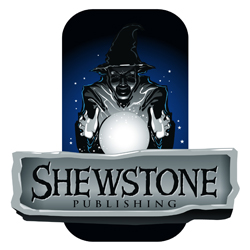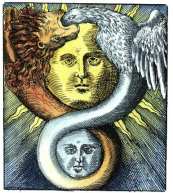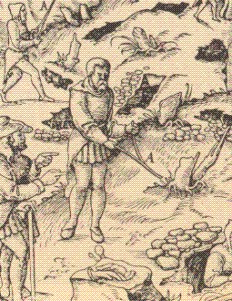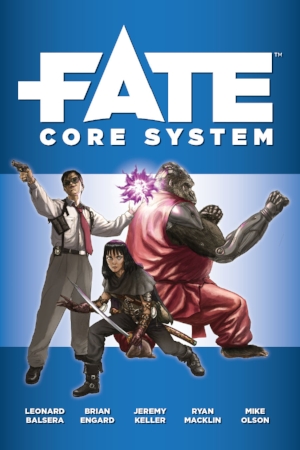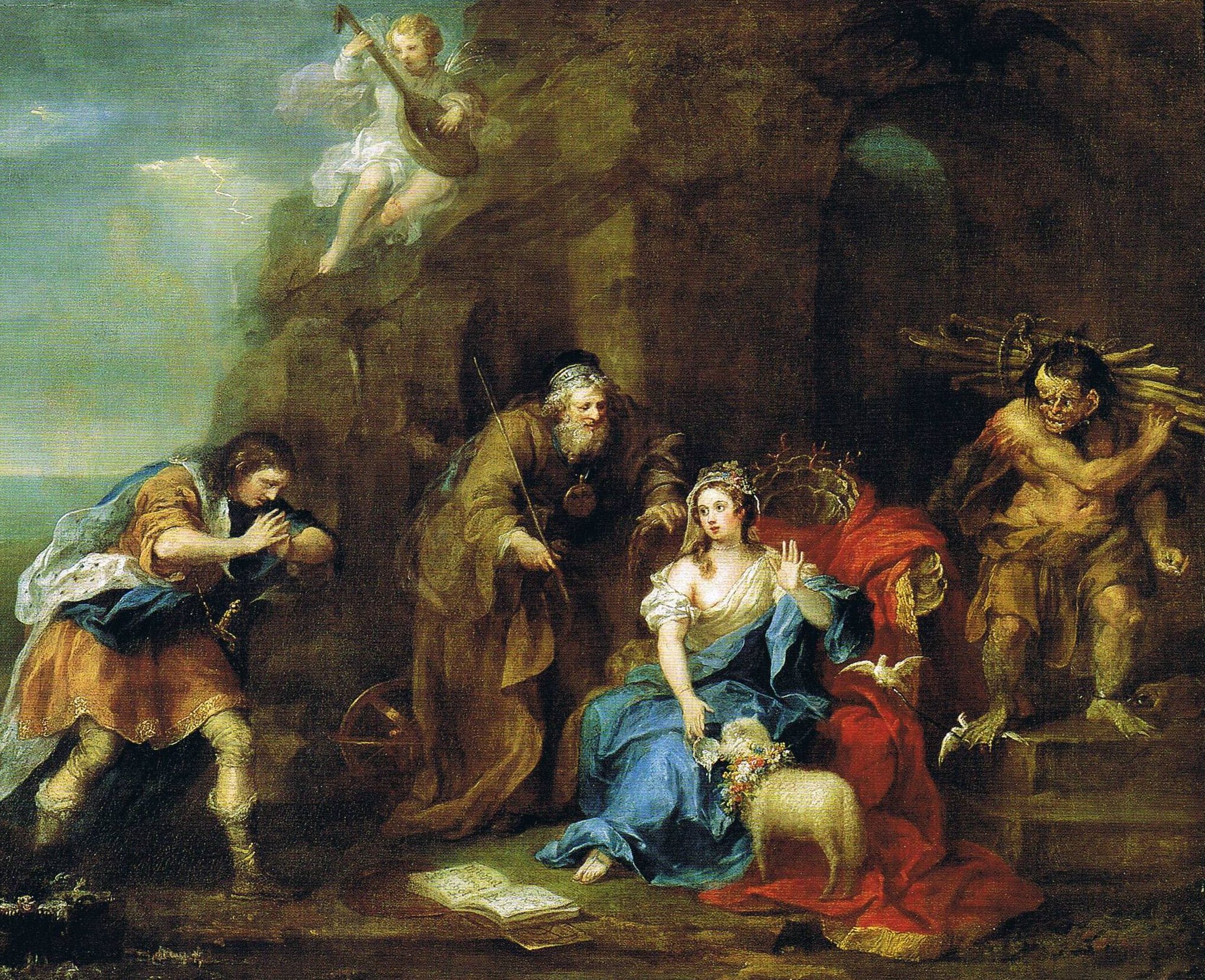Note 2018-06-05: Eldritch Realms has been renamed to Magonomia
I'm overdue for an update on Eldritch Realms development, so I'll try to make one that is a bit more substantial. I'm pleased to announce that Eldritch Realms game mechanics will be based on Fate Core!
The design team put a lot of thought into this decision, starting with asking the question, should we use an open game engine or create a new one from scratch? We looked at several RPG rules engines, some open, and one proprietary. We pretty quickly came to the conclusion that the game will provide a better experience for the players if we base it on an established game engine instead of trying to reinvent the wheel. When we finally get the manuscript finished (remember, 2018 is the target) and launch the Kickstarter, we want our backers to have confidence the game is built on a solid foundation.
You can get a PDF or e-book of Fate Core rules by paying what you want, or you can browse an HTML version of the Fate System Reference Document for free online. To be clear, Eldritch Realms will be a stand-alone game containing everything you need between one set of covers. You will not need a copy of the Fate Core System to play -- all the rules will be copied into our rule book, edited to fit our writing style and presentation, with new examples and explanatory text. This is all perfectly legal because Fate Core is licensed under the Open Game License.
Why Fate?
The greatest appeal of Fate, for us, is the narrative control it gives the players. Players have Fate points they can use to influence events in the story. When the player wants to make things turn out in her character's favor, she can spend a Fate point to significantly improve the chances of that happening -- spending Fate points gives a hefty boost to dice rolls. To regain Fate points, the player accepts some kind of setback or consequences. A good, dramatic story requires plot reversals: sometimes the protagonist has the upper hand, sometimes the antagonist does. The drama comes from the shifts in fortune. Fate invites the players to participate in the dramatic swings instead of leaving them to chance. At the same time, the basic mechanics look pretty much like an old-school RPG: there are skills and dice and target numbers. They give enough structure that they are quick to learn and fast to resolve, and feel pretty familiar to players coming from earlier-generation RPGs like Dungeons & Dragons or Call of Cthulhu. The Fate points provide an important narrative flourish to what are otherwise solid, accessible mechanics.
Another virtue of Fate, a close second to the narrative control, is the flexibility of the system. Aspects are a general-purpose mechanic for defining the traits that make anything in the game -- a character, a creature, a location, even a scene -- unique. This provides all kinds of possibilities for expressing how magic interacts with the characters and setting. Since the beginning we have been looking for ways to personalize a character's magic. Without getting into details, aspects are a promising tool for doing that. I think aspects are best used as a side dish, not the main course. Still, they're a great tool and one I think players and GMs will quickly learn to embrace.
Fate is also a more mature, better tested rules engine than we could hope to write ourselves in a year or two. This is an important point that's easy to under-estimate. RPG rules are deceptively hard to get right on the first try. Only through months or years of repeated play over a long period of time do some of the squeaky wheels in a rule set become apparent. Experienced GMs often gloss over those minor bugs with a house rule, which is a perfectly sensible thing to do -- but as designers, our job is to ensure this becomes necessary as rarely as possible. Fate Core has already been in development since before 2010, tested by hundreds, and has achieved success and won prestigious awards (2014 Gold Ennies for Best Game and Best Rules). Most important, we have been playing it for months in our playtest games, and it's fun.
Fate Core strikes the right balance between being having enough structure to help you decide outcomes, and open-ended enough that you can improvise for all kinds of special situations. The rules look pretty simple but we find, in play, they're rich enough that both players and GMs have mechanical options.
Why Not Fate Accelerated?
We also considered the more recent, rules-light version of Fate, called Fate Accelerated. In Eldritch Realms, we wanted richer interactions between magic and the rest of the rules, and we wanted the robust mechanics for social interactions that Fate Core provides. I think Fate Accelerated is more suitable for a fast-paced action RPG. There are quite a few great games like that, but that's not the feel Eldritch Realms is going for. We're looking for more in-depth experience of roleplaying and fantasy magic. More like A Midsummer Night's Dream than like X-Men.
What's new and different?
One of the big benefits of using an open-licensed game engine is that it lets us focus our creative energy on making Eldritch Realms a unique gaming experience. That means the magic system and the fantastic aspects of the setting. I've already mentioned that the spirit of the magic system is to stick close to period sources and base the magic on sixteenth-century sources. From a mechanics point of view, I would emphasize that the magic rules will not look much like what you see in other Fate-based games. It's not a new skin on the Dresden Files RPG or anything like that. The Dresden Files RPG is a perfectly good game, but it's one that already exists. Eldritch Realms is going to be something new, and the magic system is being custom-built to achieve the flavor we're looking for.
Details of that custom-built magic system will remain mysterious for now. Frankly, we're still working on it. The basics are pretty well established but the details are very much under active development.
